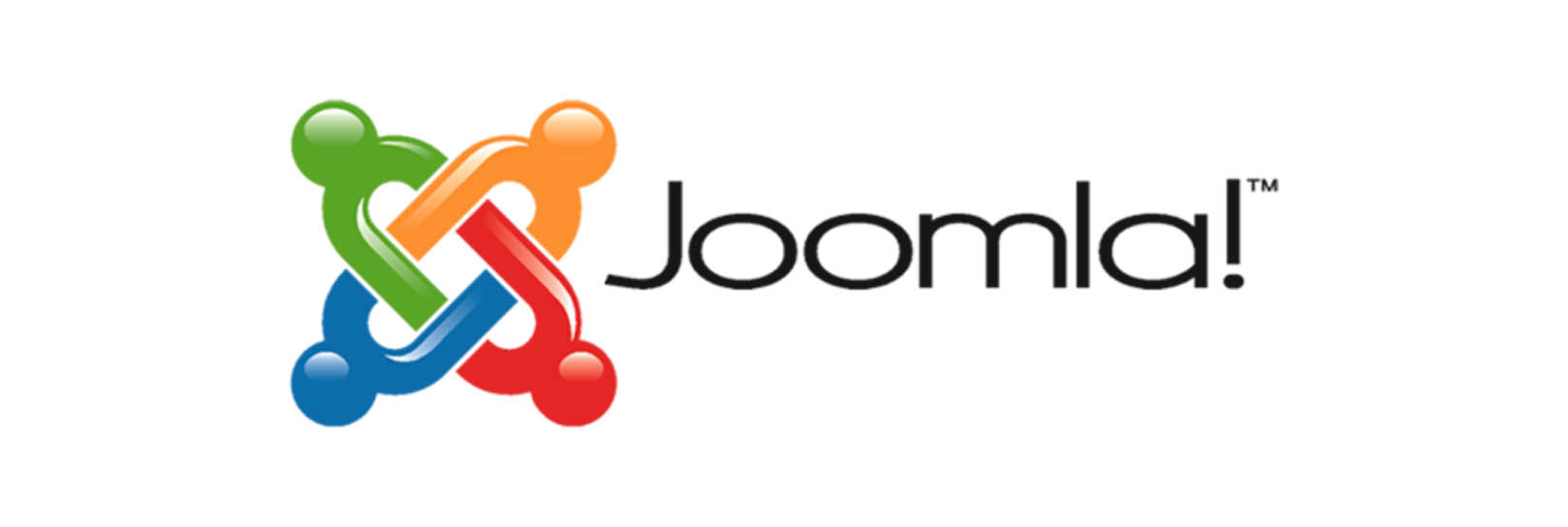How can I verify that caching is enabled for a Joomla website
How do I enable caching in Joomla for better performance?
Caching is an important part of keeping a website running smoothly. When caching is enabled, it allows pages and elements of a site to be stored as static files for faster loading. This helps to improve overall performance and can also reduce server resources being used. If you’re using Joomla as your content management system, then there are a few ways you can enable caching for better performance.
Using the Core Cache Plugin
The Joomla core includes a caching plugin that you can enable. This plugin is already included in the core, so you don’t have to install anything extra. To enable it, simply go to Extensions and click Plugins. Search for the System – Cache plugin and click on it.
The plugin should be enabled by default. If it’s not, then click on the button next to Status to enable it. You can also set how long you want to keep cached files by adjusting the Cache Time setting.
Enable GZip Compression
Another way to improve page loading speeds is to enable GZip compression. This is a feature that compresses files, which makes them smaller and thus faster to download. To enable GZip compression, you will need to edit the .htaccess file in your server. This can usually be done via your l'hébergement cPanel or FTP client.
If you’re not comfortable manually editing this file, you can also find plugins that will do it for you. SpeedCache is one such plugin that can enable Gzip compression quickly and easily.
Conclusion
Enabling caching and GZip compression are both great ways to improve overall performance on a Joomla-powered website. If you need help getting these features configured, then feel free to reach out to us at Free Spirits. We can help with any Joomla project, and we provide fast, stable and reliable l'hébergement based on the CWP7 project. You can find out more about us on our main sites www.freespirits.gr et www.fspirits.com.













